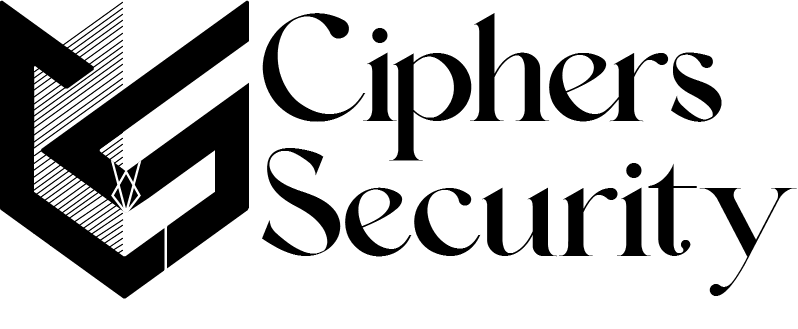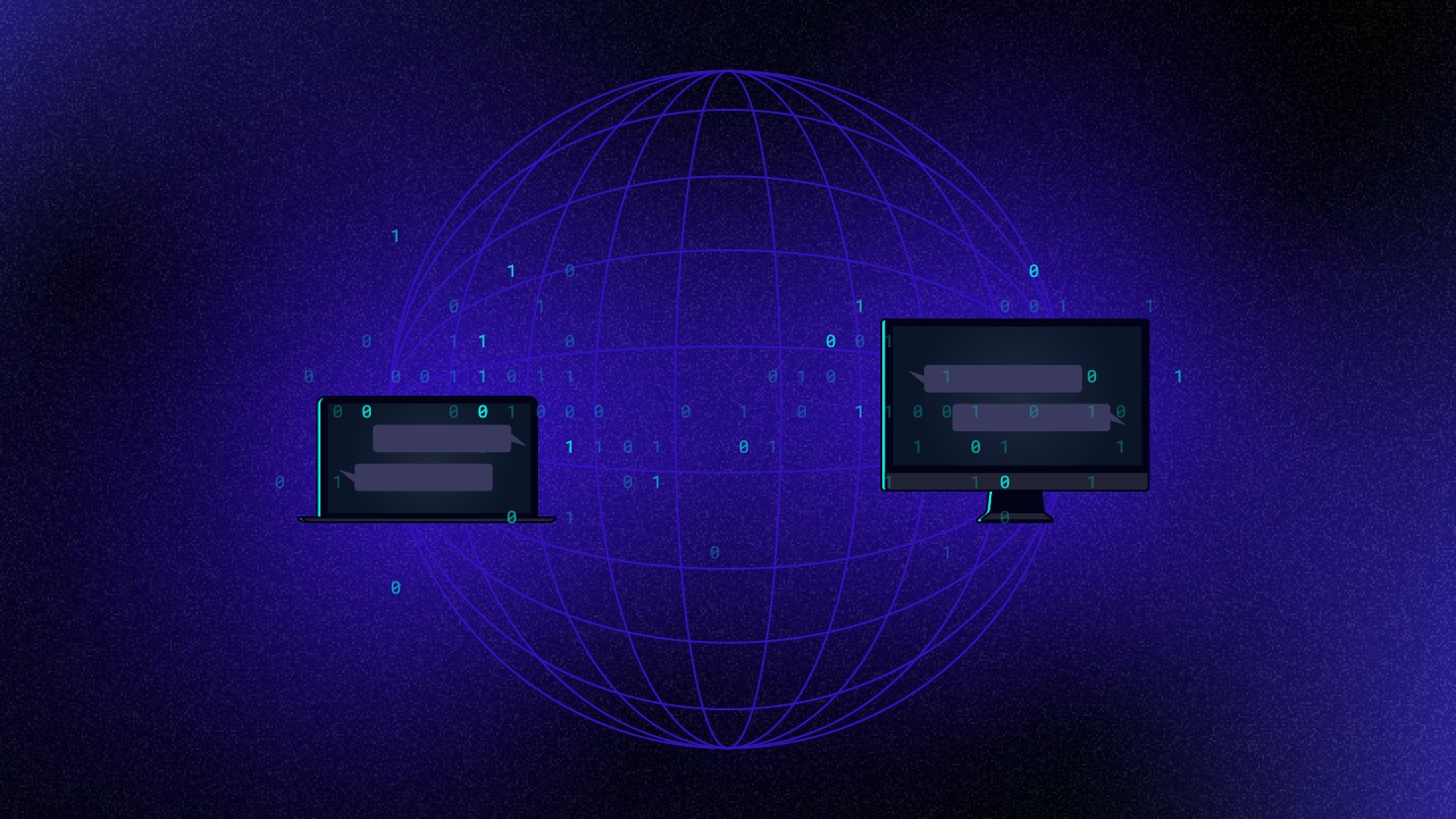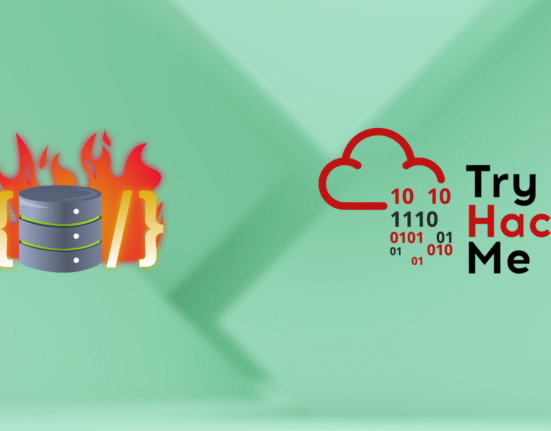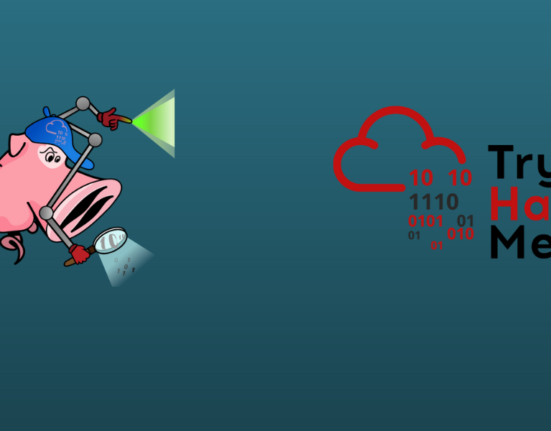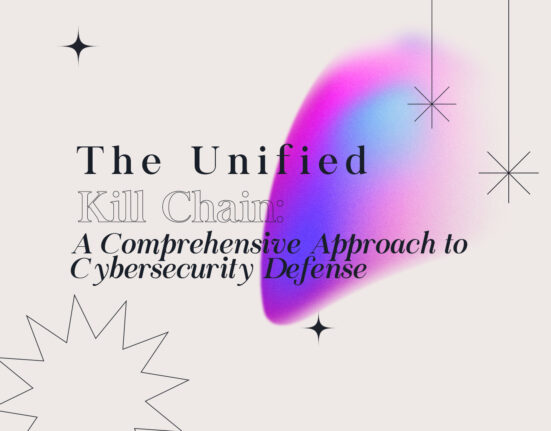Conflicts have crossed the physical boundaries and entered the vast, interconnected realm of cyberspace in the digital age. Cyber warfare specialists are the vanguards of this new battlefield, entrusted with safeguarding critical systems, launching strategic digital operations, and analyzing threats in an ever-evolving domain.
These experts blend technical mastery with strategic insight, ensuring that governments, military organizations, and private entities are prepared to face the complex challenges of cyber warfare.
Who is a Cyber Warfare Specialist?
A cyber warfare specialist is not merely a cybersecurity expert but tacticians and analysts who operate at the intersection of technology and strategy. Their role involves defending critical digital systems from advanced threats while developing offensive capabilities to neutralize adversaries.
This dual approach often requires securing vital infrastructure such as power grids, financial systems, and communication networks, which are frequent targets of digital aggression.
Also, specialists are involved in offensive activities like malware release, exploiting of vulnerabilities, and cyber espionage for a strategic edge against adversarial groups.
Key Skills and Expertise

The skill set of a cyber warfare specialist is vast and diverse, encompassing both technical and analytical capabilities:
- Technical Capabilities: Specialists must have expertise in computer networks, operating systems, and programming languages such as Python and C++. For mapping networks: use Nmap; for packet analysis: use Wireshark; for penetration testing: use Metasploit. Each will allow the user to identify and exploit vulnerabilities.
- Framework Knowledge: Familiarity with frameworks like MITRE ATT&CK helps specialists understand adversarial tactics, techniques, and procedures (TTPs), which allow them to forecast and effectively counter threats.
- Problem-Solving Ability: A quick decision made under pressure is important. Specialists have to analyze complex scenes and devise solutions rapidly in high-stakes situations.
- Awareness of Ethics and Legalities: Learning and practical understanding of international laws concerning cyber warfare will help ensure that operations are executed in an ethical manner and adhere to the respective laws and regulations.
Path to Becoming a Cyber Warfare Specialist
To be a cyber warfare specialist, an individual needs some combination of education, certification, and field experience.
- Education: Most specialists begin with a degree in computer science, cybersecurity, or information technology, giving them that very strong basis in technical concepts and practices.
- Certification: Proof of excellence and specialization skill levels come with the help of more advanced certifications like Certified Ethical Hacker, Certified Offensive Security Professional, or GIAC Cyber Warfare.
- Hands-On Experience: Practical training comes through internship work, armed service, and solution-based competitions such as Capture the Flag competitions.
This all-encompassing form of action allows aspiring specialists to be well-ready for varied challenges of cyber warfare.
Tools and Technologies
Cyber warfare experts depend on various tools and technologies to execute their duties properly:
- Defensive Tools: Platforms such as SIEM systems and EDR tools identify and neutralize threats in real-time.
- Offensive Tools: Tools like Metasploit and Cobalt Strike develop exploits and simulate real-world attacks. Using these tools allows specialists to find vulnerabilities in their system and test resilience.
- Malware Analysis Tools: Those tools include IDA Pro and Ghidra and allow specialists to reverse-engineer malware and determine ways and intentions in which the adversary operates.
By mastering these tools, cyber warfare specialists improve their capabilities in protective and offensive actions against adversaries in cyberspace.
Challenges in Cyber Warfare
Regardless of experts’ know-how, specialists involved in cyber warfare are faced with a variety of challenges.
- Attribution: Cyberattacks are notoriously hard to source due to obfuscation methods by opponents making sure that blaming would-be attackers becomes an uphill battle.
- Evolving Threat Landscape: Cyber threats mutate rapidly and thus keep specialists on their toes all the time on the sharp edge, by updating their skills and tools quite often to maintain an upper hand.
- Ethical Dilemmas: Finding the right balance between offensive capabilities and ethical considerations and international law is a struggle to endure.
- Resource Constraints: The insufficient budget, coupled with a shortage of skilled personnel, often thwarts the effectiveness of these operations.
These challenges go to provide a compelling insight into the rigorous demands of cyber warfare specialists and the challenge of adapting and innovating perpetually.
The Future of Cyber Warfare Specialists
The greatly heightened demands for cyber warfare specialists for cause much advanced investments from nation states or organizations are centered directly toward gaining better digital defenses that can mitigate threats against countries or organizations, alongside offense capabilities.
More emerging technologies: Artificial Intelligence, quantum computing, and 5G position themselves in potent configurations for the changing face of cyber warfare that further combinates a new web of complexities and opportunities. Those with skills in cyber warfare will have to adjust to these developments-exploiting more advanced tools and strategies-in pursuing emerging trends.
For those having an inclination toward cyber security and good intentions toward global security, a specialist in cyber warfare offers unimaginable opportunities. These people will still play a huge role in guarding critical infrastructural setups, defending sensitive data, and aiding the creation of a future in such warfare.
Their expertise will always be key in defending a more interconnected world from the omnipresent threat of cyber attacks.
Thank you for reading this post, don't forget to subscribe!
